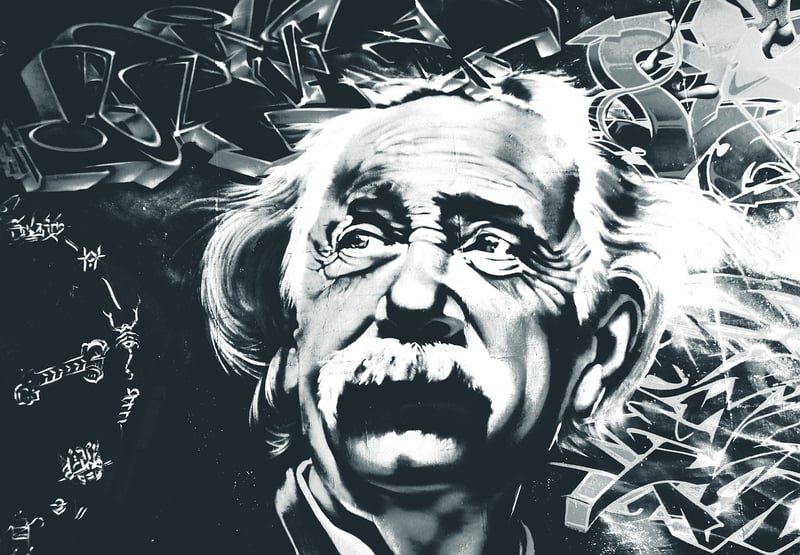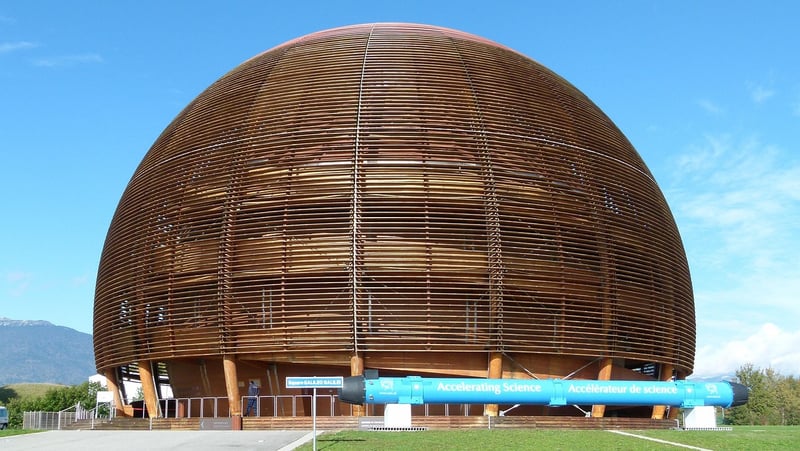Scientific Concepts
The Science Behind Time Travel
Time travel has been a popular topic in science fiction for decades, but is it really possible? Let's delve into the scientific concepts that could make time travel a reality.
Einstein's Theory of Relativity
One of the key theories that could allow for time travel is Einstein's Theory of Relativity. According to this theory, time is not a constant. Instead, it can be affected by the speed at which an object is moving or the strength of gravity it is experiencing.
Wormholes
Wormholes are hypothetical tunnels in spacetime that could create shortcuts for long journeys across the universe. If traversable wormholes exist, they could potentially allow for time travel by connecting two points in spacetime.
Time Dilation
Time dilation is a phenomenon predicted by the Theory of Relativity where time passes at different rates for objects moving at different speeds. This effect has been observed in experiments with high-speed particles and is a crucial concept for understanding time travel.
Grandfather Paradox
The Grandfather Paradox is a famous thought experiment in time travel. It suggests that if a time traveler were to go back in time and prevent their grandfather from meeting their grandmother, it would create a paradox where the time traveler would never be born. This paradox raises questions about the consistency of time travel.
Quantum Entanglement
Quantum entanglement is a phenomenon where two particles become connected in such a way that the state of one particle is directly linked to the state of the other, regardless of the distance between them. Some scientists speculate that quantum entanglement could play a role in understanding time travel.
Conclusion
While the concept of time travel is fascinating, it remains a theoretical possibility at this point. Scientists continue to explore the implications of Einstein's Theory of Relativity, wormholes, time dilation, and quantum entanglement in the hope of one day unlocking the secrets of time travel.



